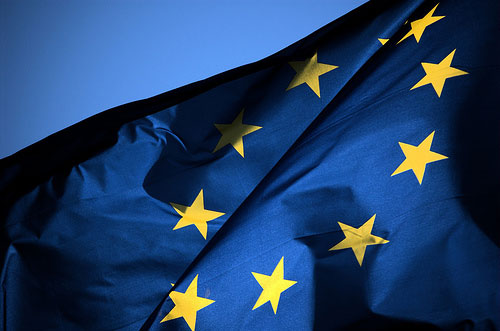EU Commission backs national rights to ban GM crops

European Union lawmakers voted to strengthen the rights of member states to ban the cultivation of genetically modified crops in their own countries under a new draft law.
The European Commission, the EU’s executive arm, originally put forward proposals to let member states decide their own policy on genetically modified, or GM, crops, in a bid to solve a long-standing controversy among countries.
Previously, states would be allowed to ban cultivation only on health or environmental grounds, which were to be solely assessed by the European Food Safety Authority.
Other grounds
But under the amendment approved, lawmakers insisted that states be able to ban cultivation on "grounds other than the assessment of adverse effects of GMOs on health or the environment".
This could include pesticide resistance, biodiversity preservation or a lack of information on consequences.
Commissioner for Health and Consumer Affairs John Dalli said the proposals aim to "give member states a ‘choice’ not to cultivate," and that EU-level regulations would still be necessary for any approvals.
"It should be made explicit that these environmental reasons or policy objectives are distinct from risks assessed according to the GMO legislation," he said.
The law still needs approval from EU governments.
Action groups pleased
"We and a growing majority of the public remain seriously concerned about unanswered health and environmental questions around GM crops," said Greenpeace EU agriculture policy adviser Stefanie Hundsdorfer.
Pro-GMO campaigners argue that the EU’s stance on GM crops harms trade and increases costs for industry.
So far, only one strain of GM corn and one modified potato are currently authorized for cultivation in the EU and most member states do not currently grow either crop commercially.
Controversial item
The topic remains controversial. A bloc of countries, led by Greece, France, Austria and Hungary, have long opposed the cultivation of GM plants or even their importation, while others, such as the UK, Belgium (the Flemish part) and the Netherlands, favour their use.
A few weeks ago, officials agreed to ease regulations on imports to allow traces of GMO material of up to 0.1% in feed imports in a move some lobbyists argued signalled a shift in their stance on the controversial topic.











